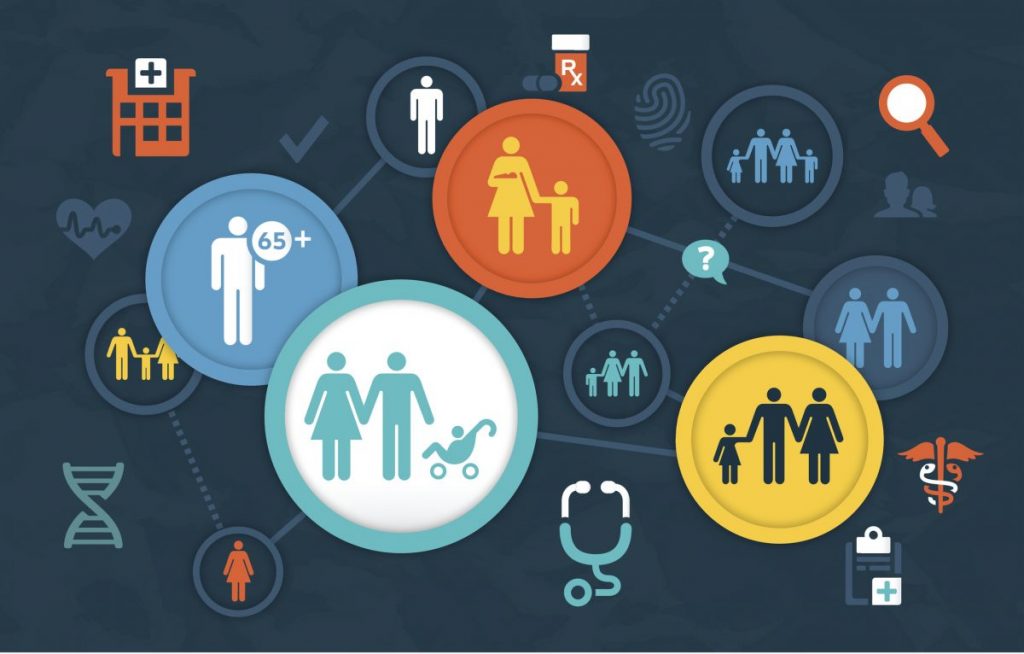During chilling out with family you must have heard saying your elders ‘you are somewhat like your grandfather, grandmother, uncle or aunt’. Whatsoever is your vernacular language this is the most wisecrack banter. Sometimes even so vexing for few maybe because their forefathers are not so dear to them. Chuckles!!
These are merely behavioral traits you find in your dear ones but have you ever wisely thought about its unfavorable facet? Yes, round the way of this teasing, vexation, and health history the genetic factor comes at a primary place.
Now you must have learned that eating healthy food, enough sleep, timely exercise, drinking plenty of water, and avert smoking and drinking alcohol are the most prominent to reduce the risk of diseases. On the same list add one more essential element to lower or avert the risk of chronic diseases. It is ‘Family Medical History’, let us learn more about it.
What is the family medical history?
It is simply a record of medical information of you and your close relatives. There are multiple factors that could give you a clue about medical conditions run in a family. The most familiar factor is ‘genetic’.
A gene is the basic physical and functional unit of heredity. In many diseases, genetic factors are important since the disease might have caused an abnormality in one’s genome.
We do not merely share genes but lifestyles, habits, and habitat. Few visible cues are known to everyone around such as your straight or curly hair resembling with your any relative, your eyes, dimples, athletic ability, and many such. But health risks adopted from any antecedent are not apparent.
While collecting the family medical history…
When you acknowledge the need to know family medical history, the question certainly arises is – Whom will you take this record from? or Where will you get this information? Because it is not something our progenitors ought to treasure. Here are some tactics to draw out this information.
- Ask your family member: For certainty, it is not convenient to ask family members about their underlying medical conditions. Initiate by letting them know about the reason you need this information during family gatherings. And readily share your medical history if they need it.
- Whom will you ask in a family?: The first considered members are our blood relatives. Therein, First-degree relatives; your parents (not stepparents) and siblings (not stepsiblings). Second-degree relatives; aunts and uncles (not who married into your family), nieces and nephews (mark the word blood related), and grandparents. Third-degree relatives; great-grandparents.
Which info you will need?
When everything is on your side you must have your questions composed. Because inconsequential information would be of no use. Moreover, there are chances of intentionally or unintentionally concealed underlying medical conditions one must know to reduce further risk. Let us know what to ask?
- Major medical condition: Ask about the serious medical condition they have been diagnosed with, in the past or present. Try to know every small detail because anything can be important if the cause is genetic. For instance, heart disease, high BP, high cholesterol, etc.
- Cause of death: Try to discover the cause of death if any member has expired.
- Age: For each medical condition know the age of its onset and if the person expired then ask the age at death. This will help your doctor to figure out the pattern of any chronic disease or disorder. Because several genetic disorders do not show any signs until childhood.
- Ethnic background: Health risk varies with different ethnicities, for instance, Afro-Caribbean’s have higher rates of sickle cell anemia. therefore it is important to learn about one’s ethnicity also.
- Environment: Knowing about one’s environment he resides can spot the possible factors which likely impact your health.
- Ask for documents: Death certificate, any document related to the medical condition one has diagnosed with, etc are more authentic than the verbal information.
Diseases that run in the family
Heart disease: If you have this chronic disease in family history, there are some medical measures that are expected to take such as a healthy diet, physical activity, reduce or stop smoking, drinking alcohol, etc.
Related: Know 12 healthy ways to prevent a heart attack.
Diabetes: This is the most common disease these days. If you find this in your family take preventive screenings to learn more in your body.
Related: Here are some smart ways to beat diabetes.
Breast or Ovarian cancer: If you have any first, second, or third-degree relative a patient for this disease, tell your doctor promptly. Get every bit of detail from them and start taking preventive screenings.
Related: Breast cancer patients to receive a new type of potential treatments.
Other diseases: There are similar diseases and disorders you could be diagnosed with were already in your family. And if you have learned about them beforehand could have reduced the impacts.
Other diseases may include Osteoporosis, Colorectal cancer, Asthma, Dementia, Sickel Cell anemia, cystic fibrosis, etc.
Keynote
It is not necessary that you will get into the same condition if you had that in the family medical history (1). A family medical history is to keep ourselves proactive to take the best preventive measures.
https://www.youtube.com/watch?v=Y8eGyVZxEnc
It will help your health care provider to find out the risk spectrum you fall so to take the preventions.
